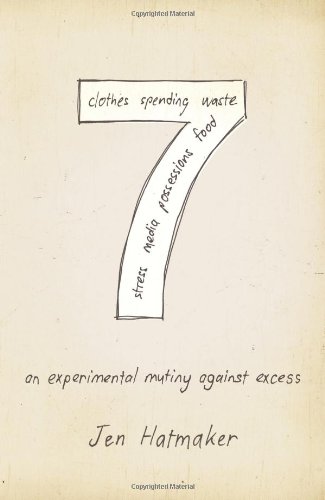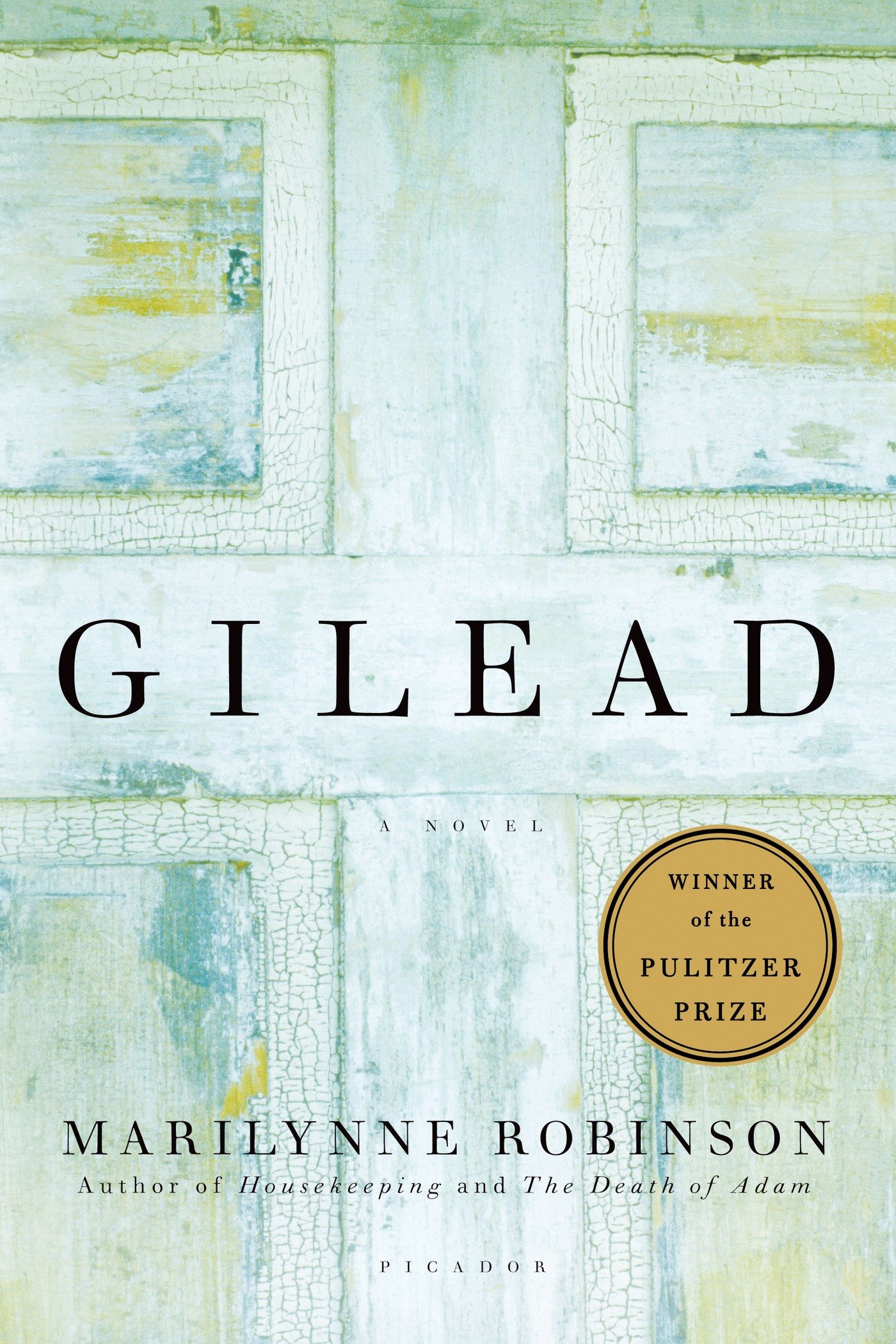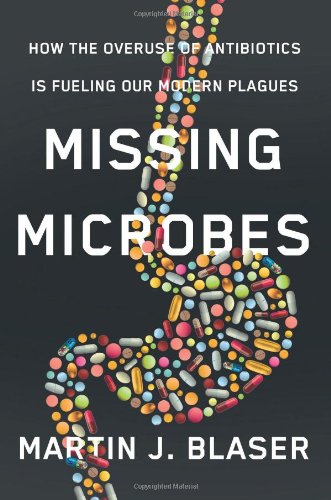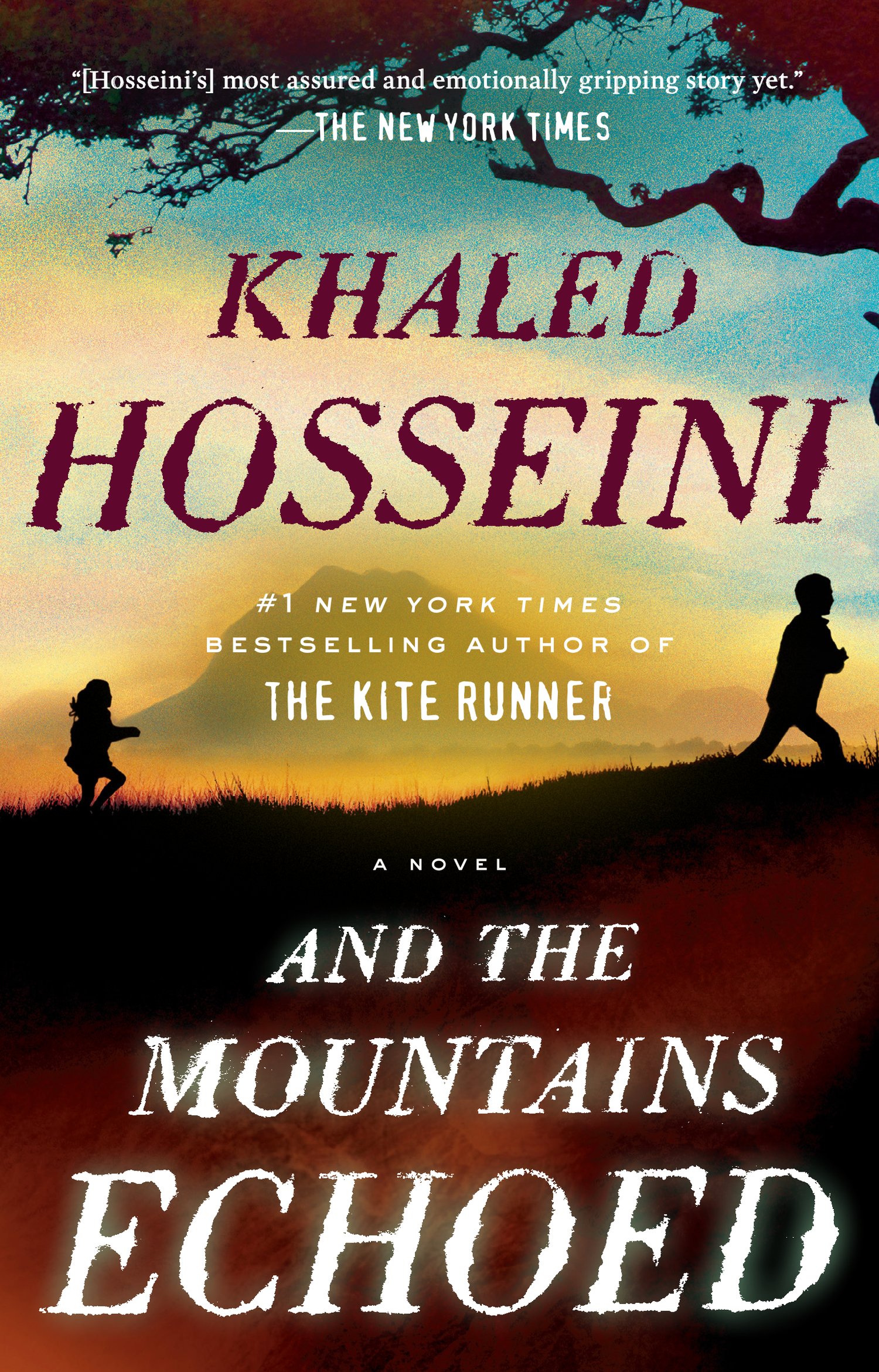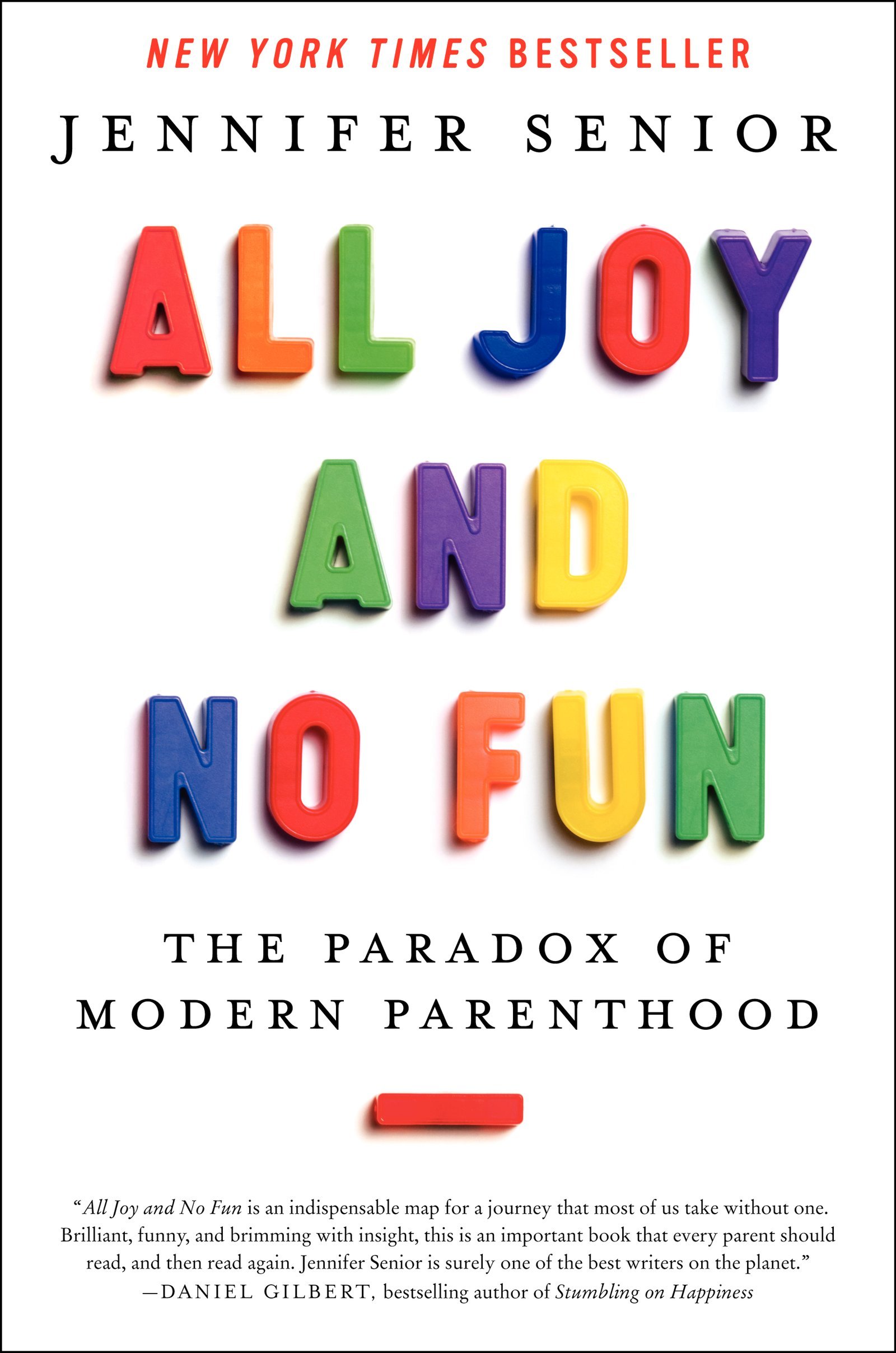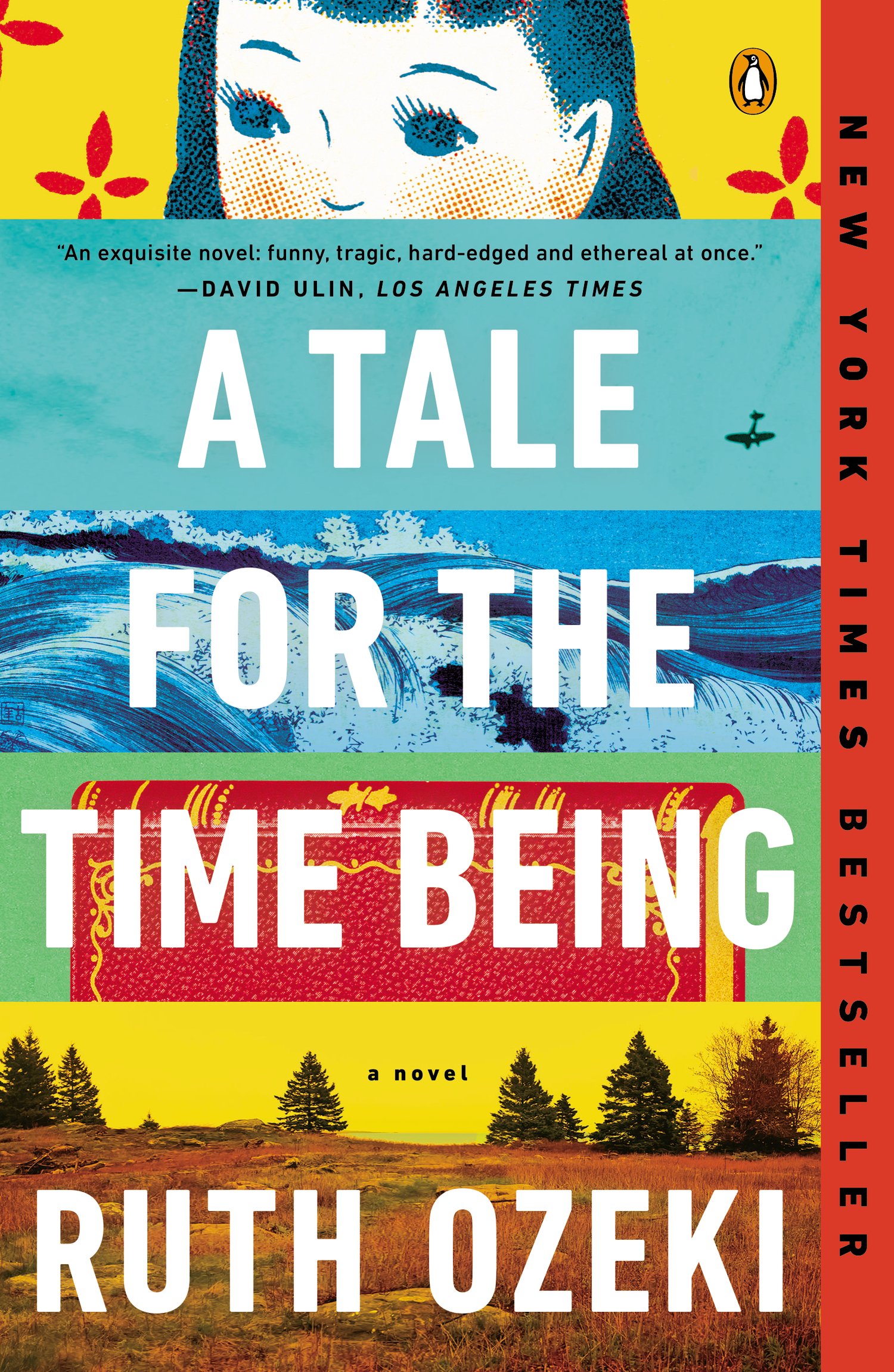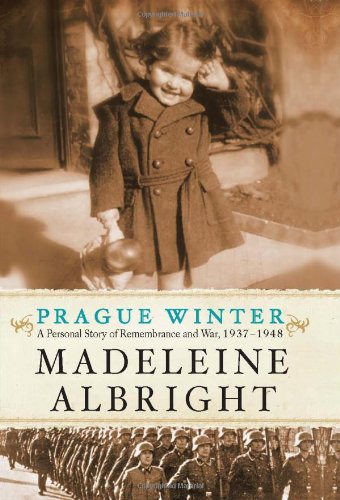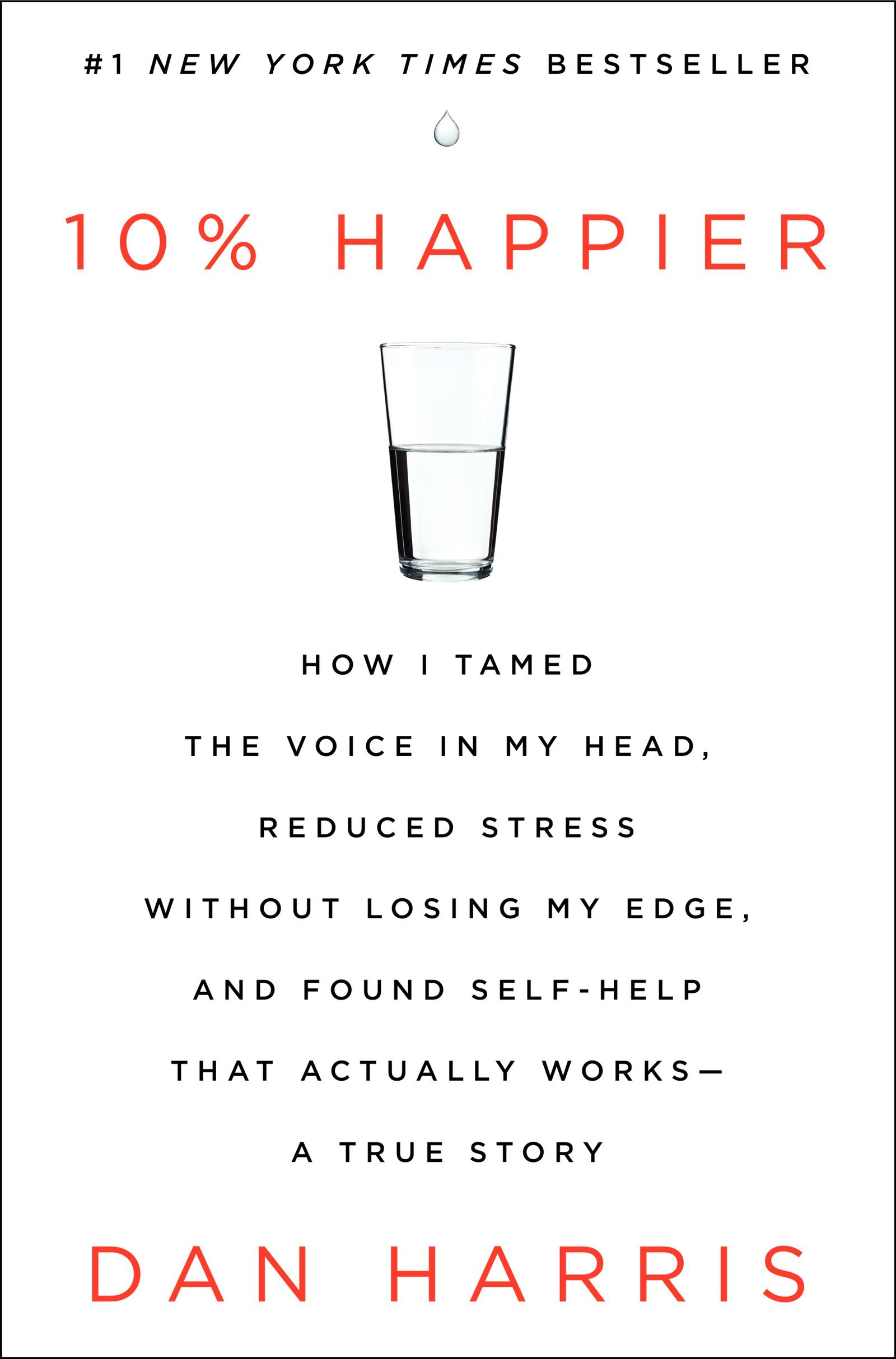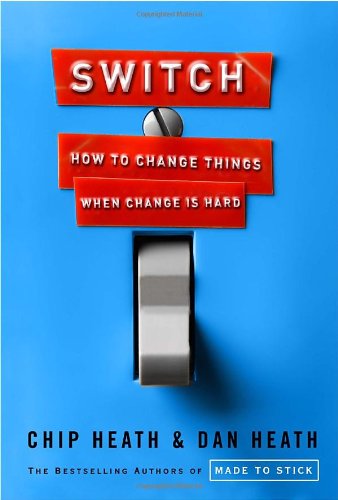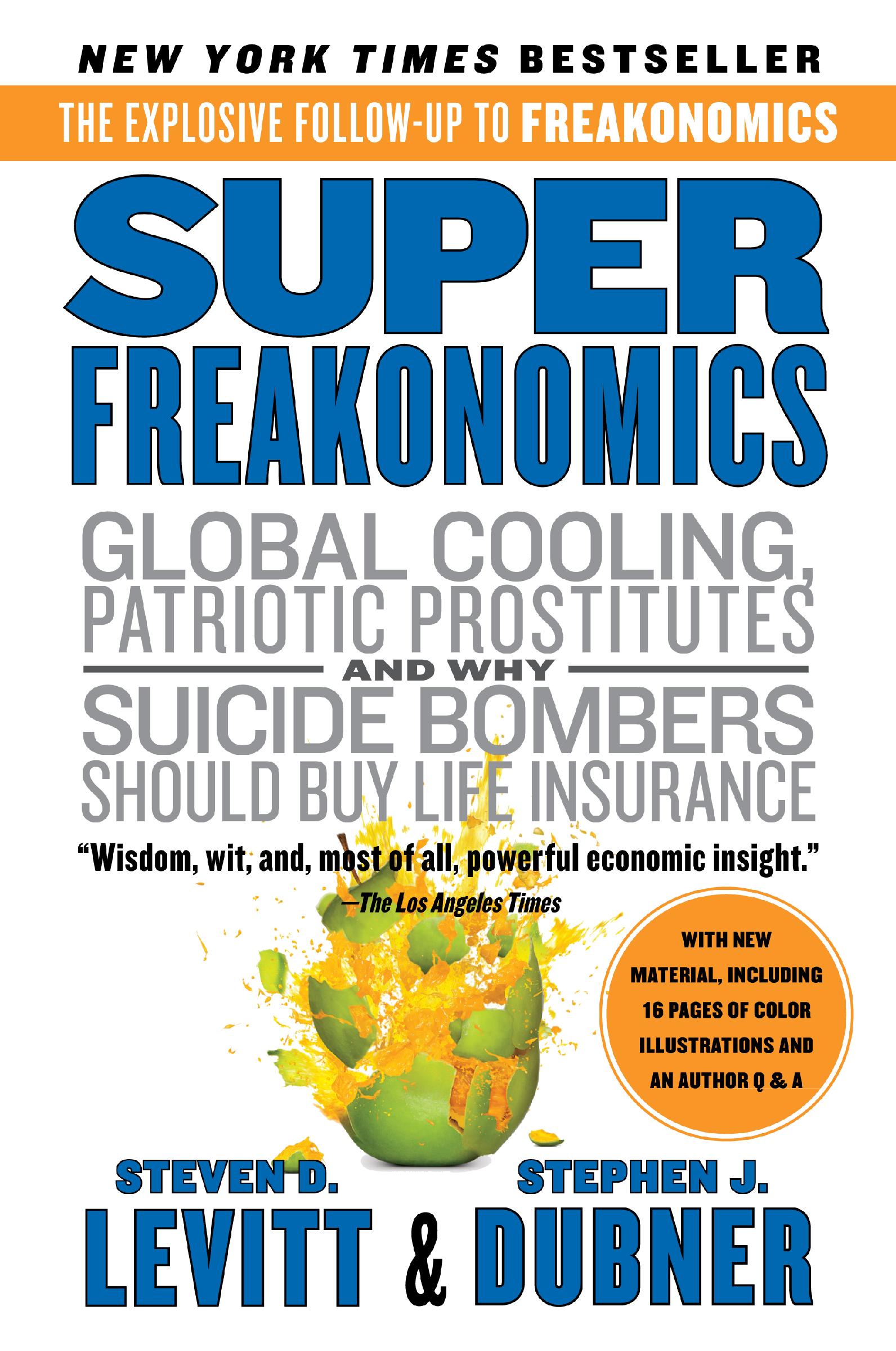I've read a couple of Lisa See's other books (Shanghai Girls, Dreams of Joy, On Gold Mountain) and enjoyed them, especially On Gold Mountain. I thought I'd try this one as well.
Some of the "ghost" elements of the story were a little too wacky for me and I really didn't relate at all to the narrator. But it gave me some historical perspective on the Ming and Qing dynasties. Surprise surprise, the Chinese had a movement of female writers and poets long before the West did.
Monday, December 29, 2014
Sunday, December 28, 2014
Book 47: The Fish that Ate the Whale
Who knew there was so much to know about bananas growing and banana sales?
Not that long ago, the banana was quite a mover and a shaker in world politics. In addition to helping me understand the ol' slipping-on-a-banana-peel gag, this was really fun to listen because it was so engagingly written.
Not that long ago, the banana was quite a mover and a shaker in world politics. In addition to helping me understand the ol' slipping-on-a-banana-peel gag, this was really fun to listen because it was so engagingly written.
Saturday, December 27, 2014
Book 46: Debt Free on Any Income
Ironically, I can't really remember anything from this book.
Um, spend less, debt snowball, stop using credit cards?
Um, spend less, debt snowball, stop using credit cards?
Book 45: 7: An Experimental Mutiny Against Excess
This is one of those kind of gimmick-y life experiment books that I always say I'm not going to read anymore.
This one gave me a lot to think about, in terms of recognizing the overabundance around me, and how I might simplify and at the same time enrich my life.
This one gave me a lot to think about, in terms of recognizing the overabundance around me, and how I might simplify and at the same time enrich my life.
Friday, December 26, 2014
Book 44: Gilead
This was a re-read for me, which almost never happens.
I first read this when it was first published, about 10 years ago. This time, I listened to the audio book. Some of it was wonderfully read, but some parts of the reading reminded me a little bit of Santa Claus or some other stylized "older man" character. The knowing chuckle got to be an irritating disruption in the beautifully written narrative.
I first read this when it was first published, about 10 years ago. This time, I listened to the audio book. Some of it was wonderfully read, but some parts of the reading reminded me a little bit of Santa Claus or some other stylized "older man" character. The knowing chuckle got to be an irritating disruption in the beautifully written narrative.
Book 43: The Cooked Seed
A few years ago, I read Anchee Min's memoir of her early years in China, Red Azalea. This second volume recounts her experiences coming to the United States as a student and making her way as a writer.
If you have had cross-cultural experiences or you work with international students, you might find this interesting and relevant.
If you have had cross-cultural experiences or you work with international students, you might find this interesting and relevant.
Book 42: Second Suns
If you're interested in global health and global poverty, this is a very readable look at the power of eye surgery to improve lives. Second Suns follows the lives and work of two eye surgeons and the work they do to provide cataract and other eye surgery to people with preventable blindness.
The methods used by these two surgeons to bring sight to as many people as possible are inspiring.
The methods used by these two surgeons to bring sight to as many people as possible are inspiring.
Book 41: The Swerve
Not sure what electromagnetic field affected my brain to such a degree that I haven't posted anything in two months, but here we go again!
This one will blow your mind.
I had no idea that so many of our "modern" ideas originated in ancient Greece, or how many of them were lost in the Middle Ages. It poses some interesting, challenging questions about religion, as well.
This one will blow your mind.
I had no idea that so many of our "modern" ideas originated in ancient Greece, or how many of them were lost in the Middle Ages. It poses some interesting, challenging questions about religion, as well.
Monday, September 29, 2014
Book 40: Book of Ages: The Life and Opinions of Jane Franklin
Jane Franklin was Benjamin Franklin's younger sister, and this book describes her life, as much as is known from the correspondence that survived. Most of her writings were lost, but a few of her letters, and a small book listing birth and death dates of her children (her "Book of Ages"), remain. Many of the letters Benjamin wrote to her in reply survive, so Lepore has read between the lines about what Jane might have written to her brother.

I found this book a little bit frustrating, since it seems to focus so much on Benjamin and not Jane. Lepore admits that was one of her main worries when writing the book: that it would become about Benjamin, not Jane. In spite of this weakness, it illuminates the experience of an ordinary woman during the time of the American Revolution, those of her words that survived.

I found this book a little bit frustrating, since it seems to focus so much on Benjamin and not Jane. Lepore admits that was one of her main worries when writing the book: that it would become about Benjamin, not Jane. In spite of this weakness, it illuminates the experience of an ordinary woman during the time of the American Revolution, those of her words that survived.
Saturday, September 27, 2014
Book 39: Thrive: The Third Metric to Redefining Success and Creating a Life of Well-Being, Wisdom, and Wonder
I found it kind of funny to be doing my evening walks and having Arianna Huffington hand-slap me about not getting enough sleep.
Overall, this wasn't particularly interesting. There were a few new ideas, but mostly, it seemed like old news.
Overall, this wasn't particularly interesting. There were a few new ideas, but mostly, it seemed like old news.
Thursday, September 25, 2014
Book 38: Missing Microbes
I've started to hear the term "microbiome" used now and then, and I'm intrigued. It rolls off the tongue so nicely. Microbiome. It's in your gut, mostly.
Dr. Blaser's premise is that many diseases on the rise are increasing because of changes in our microbiomes, often because of antibiotic overuse. He describes his research regarding microbes and these diseases, including asthma, GERD, and obesity. It's intriguing.
Wednesday, September 17, 2014
Book 37: We are All Completely Beside Ourselves
I was drawn to this title, knowing very little about it, because hey, "beside ourselves" is a state I can relate to these days.
This is really quite a deep and thought-provoking book, for a work of contemporary fiction. The ending was a little disappointing; I wasn't satisfied with the way the author chose to resolve a few elements, and it almost felt like the ending to a different book, rather than the one I had started. Overall, though, it was worth the read.
This is really quite a deep and thought-provoking book, for a work of contemporary fiction. The ending was a little disappointing; I wasn't satisfied with the way the author chose to resolve a few elements, and it almost felt like the ending to a different book, rather than the one I had started. Overall, though, it was worth the read.
Monday, September 15, 2014
Book 36: And the Mountains Echoed
Monday, September 1, 2014
Book 35: The Triple Package
How about some more controversy from the Tiger Mother?
This book presents a theory as to why some cultural groups are more successful than others. It's an interesting theory. But I'm a bit at a loss as to what can be done with this information.
This book presents a theory as to why some cultural groups are more successful than others. It's an interesting theory. But I'm a bit at a loss as to what can be done with this information.
Monday, August 25, 2014
Book 34: A Thousand Splendid Suns
Many years ago, I read The Kite Runner, and though I don't remember it well, I liked it. This is also a story of Afghanistan, which is a place I would like to learn more about.
The story focuses on women's lives over a period of time in Afghanistan. The audio book is read by an Afghani, and I really enjoyed that aspect of it. The story is moving, but the writing style seemed a bit trite and formulaic. For instance, it seemed like every adjective came in a set of three. "The Rule of Three" is great, but it got tiresome after a while.
The story focuses on women's lives over a period of time in Afghanistan. The audio book is read by an Afghani, and I really enjoyed that aspect of it. The story is moving, but the writing style seemed a bit trite and formulaic. For instance, it seemed like every adjective came in a set of three. "The Rule of Three" is great, but it got tiresome after a while.
Friday, August 22, 2014
Book 33: Do You Believe in Magic?
Maybe it's just my imagination, but Paul Offit is a little defensive in this book.
Not that I can really blame him; Paul Offit developed the rotavirus vaccine and understandably has a bit of a chip on his shoulder regarding people who are anti-vaccine (and I used to be sort of in that camp, so I took some of the jabs).
Much of this information I was already familiar with, but some was new to me, and was very interesting.
Not that I can really blame him; Paul Offit developed the rotavirus vaccine and understandably has a bit of a chip on his shoulder regarding people who are anti-vaccine (and I used to be sort of in that camp, so I took some of the jabs).
Much of this information I was already familiar with, but some was new to me, and was very interesting.
Saturday, August 16, 2014
Book 32: Crossing to Safety
I enjoyed my re-read of Angle of Repose so much that I decided to read another Wallace Stegner.
Crossing to Safety is a slow-moving, character-driven novel about two couples that takes place over many years. If that's up your alley, it's a good read.
Crossing to Safety is a slow-moving, character-driven novel about two couples that takes place over many years. If that's up your alley, it's a good read.
Wednesday, August 13, 2014
Book 31: The Upcycle
I had such high hopes for this book. It takes a positive approach to solving environmental problems and in principle, is quite inspiring.
But with audio books, the reading makes or breaks the book. This book suffered from being read by someone who reminded me of Wilford Brimley.
But with audio books, the reading makes or breaks the book. This book suffered from being read by someone who reminded me of Wilford Brimley.
Saturday, August 9, 2014
Book 30: Angle of Repose
This was a re-read for me, which is a very rare occurrence, so you know something must be up. What's up is that Wallace Stegner writes a fine book, and that's just what I needed.
Years ago, before time began, I took a class in college that was focused on Wallace Stegner's work. I'd never heard of him before then, but I could tell he was a great writer, even as a really dumb college student. The book was even better this time around.
Years ago, before time began, I took a class in college that was focused on Wallace Stegner's work. I'd never heard of him before then, but I could tell he was a great writer, even as a really dumb college student. The book was even better this time around.
Monday, August 4, 2014
Book 29: 168 Hours: You Have More Time Than You Think
For a while I felt like I was being handslapped by Laura Vanderkam about misusing my time. If Debra (a real person) can run a business full-time, mother six children, sleep eight hours a night, and still have time to take afternoon-long hikes with her large dog, why was I whining about not having time for my hobbies?
Nobody likes to be handslapped, but I came to see that Vanderkam really has a point. There are vast swaths of time in my life that are filled with pointless activities. For instance, I was horrified to consider how much time I spent online, accomplishing very little.
Vanderkam also suggests reviewing activities that are necessary, but don't necessarily need to be done by you, like laundry, grocery shopping, or even cooking. I think it's valuable to consider if certain default activities are really worthwhile personally, professionally, and financially. I won't be outsourcing our laundry, but I did find it helpful to consider.
Nobody likes to be handslapped, but I came to see that Vanderkam really has a point. There are vast swaths of time in my life that are filled with pointless activities. For instance, I was horrified to consider how much time I spent online, accomplishing very little.
Vanderkam also suggests reviewing activities that are necessary, but don't necessarily need to be done by you, like laundry, grocery shopping, or even cooking. I think it's valuable to consider if certain default activities are really worthwhile personally, professionally, and financially. I won't be outsourcing our laundry, but I did find it helpful to consider.
Sunday, August 3, 2014
Book 28: Eat Move Sleep
Sunday, July 27, 2014
Book 27: All Joy and No Fun: The Paradox of Modern Parenthood
If you were in my presence during the time that I was reading this, you undoubtedly heard me excitedly telling you all about it.
So much of it rang true to my experience as a parent. I loved the first section about parenting preschool children and the challenges that poses to individuals and their relationships. Senior has some theories as to why parenting sometimes feels like 99% boredom and 1% panic. She does this by presenting several case studies of families in each stage of parenting: those parenting the very young, those with elementary school age children, and families with teenagers. The case studies are presented with empathy and without unnecessary judgment.
So much of it rang true to my experience as a parent. I loved the first section about parenting preschool children and the challenges that poses to individuals and their relationships. Senior has some theories as to why parenting sometimes feels like 99% boredom and 1% panic. She does this by presenting several case studies of families in each stage of parenting: those parenting the very young, those with elementary school age children, and families with teenagers. The case studies are presented with empathy and without unnecessary judgment.
I think most parents will see some aspect of themselves in it, no matter what "type" of parent you are. It helped me understand myself and my stage of life in different ways.
Saturday, July 26, 2014
Book 26: A Tale for the Time Being
Oh, what a delight this was!
Sometimes it was mind-bending, sometimes it was disturbing, but overall, it was wonderful to listen to. Ruth Ozeki reads her own book in this audio version and it is remarkable.
If you like Haruki Murakami, you'll probably enjoy this as well.
Oh, and that is book 26 for 2014! I've met my goal!
Sometimes it was mind-bending, sometimes it was disturbing, but overall, it was wonderful to listen to. Ruth Ozeki reads her own book in this audio version and it is remarkable.
If you like Haruki Murakami, you'll probably enjoy this as well.
Oh, and that is book 26 for 2014! I've met my goal!
Monday, July 21, 2014
Book 25: What the Most Successful People Do Before Breakfast
This is a quick read (or listen) that has the potential to help you make better use of your time.
At first I was a little put off, thinking I am not really trying to be "successful." But Vanderkam doesn't define success; she enumerates some broad categories, but leaves most of the defining and identifying of success up to her readers. Then, she discusses how to make sure you're moving toward those goals in the first hours of the day.
At first I was a little put off, thinking I am not really trying to be "successful." But Vanderkam doesn't define success; she enumerates some broad categories, but leaves most of the defining and identifying of success up to her readers. Then, she discusses how to make sure you're moving toward those goals in the first hours of the day.
Now if only I were doing any of the things Vanderkam suggests.
Sunday, July 20, 2014
Book 24: What to Look for in Winter
I found myself asking, "What is this book about?" quite frequently. That doesn't seem like such a good sign.
Candia McWilliams began to lose her sight when she lost the ability to hold her eyes open for most of the day, a condition called blepharospasm. Her memoir is an attempt to explain to herself and others how that might have happened. There were some compelling parts of this book, but much of it left me scratching my head.
Candia McWilliams began to lose her sight when she lost the ability to hold her eyes open for most of the day, a condition called blepharospasm. Her memoir is an attempt to explain to herself and others how that might have happened. There were some compelling parts of this book, but much of it left me scratching my head.
Thursday, July 17, 2014
Book 23: Prague Winter
Madeleine Albright only discovered her family's Jewish heritage 50 years after World War II, when she became Secretary of State for the Clinton administration. She then learned that a number of her relatives had died in Jewish internment camps in Czechoslovakia.
This book is a mixture of personal remembrance, family history, and the history of the Czech people and Czechoslovakia, focusing particularly on the years leading up to and including World War II. There was much that was new to me.
The writing was lovely. The reading was done by Albright herself, which was nice in a way, but sometimes the pausing was odd or confusing.
This book is a mixture of personal remembrance, family history, and the history of the Czech people and Czechoslovakia, focusing particularly on the years leading up to and including World War II. There was much that was new to me.
The writing was lovely. The reading was done by Albright herself, which was nice in a way, but sometimes the pausing was odd or confusing.
Tuesday, July 15, 2014
Book 22: Notes from a Blue Bike
Tsh Oxenrider runs a great website called The Art of Simple. She also has a new book out this year. In it, Oxenrider gives ideas and poses questions to help readers make more intentional choices in there family lives.
In it, Oxenrider gives ideas and poses questions to help readers make more intentional choices in there family lives.
I really wanted to love this. I even joined the associated online book club, but the book just did not speak to me. There wasn't anything particularly thought-provoking or new to me. The blue bike only made two appearances: in the prologue and the epilogue. As Lance Armstrong said, It's Not About the Bike. That's a shame, because I'm really drawn to the idea of living simply and cruising around with my kids on a bike. Oxenrider's writing style isn't my favorite, either.
In it, Oxenrider gives ideas and poses questions to help readers make more intentional choices in there family lives.
I really wanted to love this. I even joined the associated online book club, but the book just did not speak to me. There wasn't anything particularly thought-provoking or new to me. The blue bike only made two appearances: in the prologue and the epilogue. As Lance Armstrong said, It's Not About the Bike. That's a shame, because I'm really drawn to the idea of living simply and cruising around with my kids on a bike. Oxenrider's writing style isn't my favorite, either.
Monday, July 14, 2014
Book 21: 10% Happier
I'm always astonished to read about how smart, capable adults do really crazy, irresponsible things, like take drugs or participate in smuggling rings.
Dan Harris was a TV news correspondent who began using drugs as he adjusted to returning from covering the war in Afghanistan. After he had a panic attack on the air, he discovered mindfulness meditation to manage his anxiety.
This is a very readable introduction to mindfulness meditation, including simple instructions to get started, if you've never explored the topic before. I've read a bit written by Jon Kabat-Zinn, one of the earliest and best-known mindfulness meditation teachers and researchers in the U.S., so early on in the book, I recognized where Harris was going. Experienced meditators may find it a bit too basic and his journey tedious.
Dan Harris was a TV news correspondent who began using drugs as he adjusted to returning from covering the war in Afghanistan. After he had a panic attack on the air, he discovered mindfulness meditation to manage his anxiety.
This is a very readable introduction to mindfulness meditation, including simple instructions to get started, if you've never explored the topic before. I've read a bit written by Jon Kabat-Zinn, one of the earliest and best-known mindfulness meditation teachers and researchers in the U.S., so early on in the book, I recognized where Harris was going. Experienced meditators may find it a bit too basic and his journey tedious.
Friday, July 11, 2014
Book 20: David and Goliath: Underdogs, Misfits, and the Art of Battling Giants
This was a guilty pleasure read for me. Read by Malcolm Gladwell himself! He's Canadian! It includes a story from Manitoba (albeit a rather gruesome one)! Really, what's not to love?
Oh, Malcolm Gladwell, how I wanted to embrace your "insight porn."
Unfortunately, I have come to the conclusion that most stories can't possibly be as simple (or even complicatedly tidy) as Gladwell makes them sound. But the stories are interesting, and I do feel like I have learned something.
Oh, Malcolm Gladwell, how I wanted to embrace your "insight porn."
Unfortunately, I have come to the conclusion that most stories can't possibly be as simple (or even complicatedly tidy) as Gladwell makes them sound. But the stories are interesting, and I do feel like I have learned something.
Wednesday, July 9, 2014
Book 19: My Dyslexia
Philip Schultz has dyslexia, and he's also a poet. He only discovered his dyslexia when his young son was diagnosed with the condition. This book describes some of his experiences with an undiagnosed learning disability.
In my ignorance, I expected a bit more of a nonfiction expository feel to this. Instead, it's much more poetic descriptions and images of his experiences learning to read and struggling in school. I enjoyed the descriptions and yet was appalled at the way he was treated in school.
In my ignorance, I expected a bit more of a nonfiction expository feel to this. Instead, it's much more poetic descriptions and images of his experiences learning to read and struggling in school. I enjoyed the descriptions and yet was appalled at the way he was treated in school.
Tuesday, July 1, 2014
Book 18: Switch: How to Change Things When Change is Hard
Why do some changes "stick" and some don't? This book aims to explain that.
Chip and Dan Heath use a memorable metaphor to explain what it's like to make a change in one's personal life or in an organization's behavior. The authors elaborate on their metaphor (riding an elephant) in three ways: examining the rider, the elephant, and the path that the elephant is on. In real life, those elements overlap somewhat, so the metaphor is not so tidy, and I sometimes found myself wondering which element a particular section was discussing.
Though not perfect, it was definitely worth reading, and I've thought about riding an elephant as I've thought about change.
Chip and Dan Heath use a memorable metaphor to explain what it's like to make a change in one's personal life or in an organization's behavior. The authors elaborate on their metaphor (riding an elephant) in three ways: examining the rider, the elephant, and the path that the elephant is on. In real life, those elements overlap somewhat, so the metaphor is not so tidy, and I sometimes found myself wondering which element a particular section was discussing.
Though not perfect, it was definitely worth reading, and I've thought about riding an elephant as I've thought about change.
Book 17: The Rent Collector
This book is apparently a fictional account based on true events. I found some parts of it hard to believe, though it was a good read.
Sometimes I felt that the reasoning displayed by the illiterate garbage picker was so deep that it was hard to suspend my disbelief. However, there were some really lovely parts that seem like they were more likely the factual aspects of the story.
Sometimes I felt that the reasoning displayed by the illiterate garbage picker was so deep that it was hard to suspend my disbelief. However, there were some really lovely parts that seem like they were more likely the factual aspects of the story.
Sunday, June 29, 2014
Book 16: White Bread: A Social History of the Store-Bought Loaf
What does cottony white bread mean? That is the question posed by this book.
Many of us grew up eating fluffy white bread, and Aaron Bobrow-Strain explains why those loaves were virtually all that was available for a time, and why they have fallen out of favor now.
As this book described the pendulum swing of food fads (from dark homemade breads, to fluffy white "sterile" loaves, then back to dark artisan loaves), I saw myself and my bread choices. It was a bit eerie to see something as specific as the kind of bread I buy described so clearly as a response to a food fad.
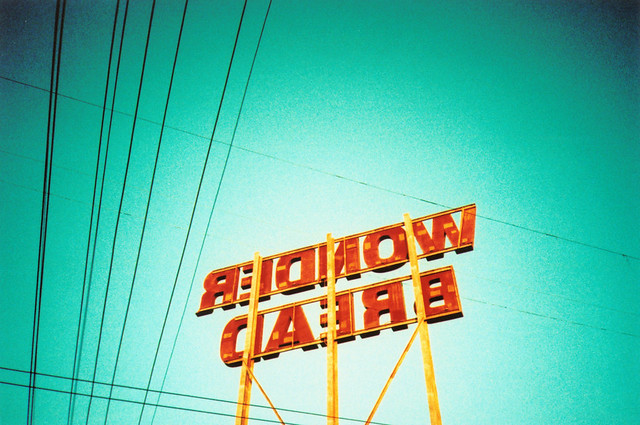 |
| © 2006 William Clifford, Flickr | CC-BY | via Wylio |
Many of us grew up eating fluffy white bread, and Aaron Bobrow-Strain explains why those loaves were virtually all that was available for a time, and why they have fallen out of favor now.
As this book described the pendulum swing of food fads (from dark homemade breads, to fluffy white "sterile" loaves, then back to dark artisan loaves), I saw myself and my bread choices. It was a bit eerie to see something as specific as the kind of bread I buy described so clearly as a response to a food fad.
Saturday, June 28, 2014
Book 15: The Dressmaker of Khair Khana
This is an account of how a group of Afghani sisters started a dressmaking business that supported their large extended family, then went on to train other women in dressmaking.
I love stories of women making things happen and taking care of themselves and their families. I felt like there were a few details missing or glossed over in this account, though. How can someone learn intricate bead work in a single lesson and do it well enough to use as a salable sample? Overall, though, this was an interesting window into women's lives in Afghanistan under the Taliban.
I love stories of women making things happen and taking care of themselves and their families. I felt like there were a few details missing or glossed over in this account, though. How can someone learn intricate bead work in a single lesson and do it well enough to use as a salable sample? Overall, though, this was an interesting window into women's lives in Afghanistan under the Taliban.
Tuesday, June 24, 2014
Book 14: The Aquariums of Pyongyang
Another book about North Korea.
What made this one different was that the author's family returned to North Korea from an expatriate community in Japan, hoping to be part of building a glorious socialist society. Their disillusionment is that much worse, I think, since the older generation had experienced such prosperity and freedom in Japan.
It looks like there is a film adaptation being made. Honestly, I'm not sure how much of this story I'd want to see on screen.
What made this one different was that the author's family returned to North Korea from an expatriate community in Japan, hoping to be part of building a glorious socialist society. Their disillusionment is that much worse, I think, since the older generation had experienced such prosperity and freedom in Japan.
It looks like there is a film adaptation being made. Honestly, I'm not sure how much of this story I'd want to see on screen.
Monday, June 23, 2014
Book 13: Girls Like Us
This is a must-read. Many of us think sex trafficking only happens in other countries, and can't imagine how girls in the U.S. could get caught up in it. This book describes some scenarios in which girls become victims of the sex industry, and how they can make the difficult journey out of it.
If you have wondered, as I have, how a girl in the U.S. could end up being trafficked, this will make it terribly, sadly clear to you. Girls Like Us is an apt title; these girls and I are not so different.
If you have wondered, as I have, how a girl in the U.S. could end up being trafficked, this will make it terribly, sadly clear to you. Girls Like Us is an apt title; these girls and I are not so different.
Sunday, June 15, 2014
Book 12: How to Get Filthy Rich in Rising Asia
I was completely absorbed by this narrative, which is all written in the second person and doesn't name its main characters.
This is definitely worth reading, and I'd like to read Mohsin Hamid's other books.
This is definitely worth reading, and I'd like to read Mohsin Hamid's other books.
Book 11: Super Freakonomics
I read the original Freakonomics book several years ago and really enjoyed it, but this one wasn't as compelling. I don't know what was so "explosive" about it.
The chapter on climate change was just too long and seemed to take over the book. It felt like that was really what they wanted to write about, while the rest of the book was filler.
The chapter on climate change was just too long and seemed to take over the book. It felt like that was really what they wanted to write about, while the rest of the book was filler.
Tuesday, June 10, 2014
Book 10: Tiny Beautiful Things
I write this post four-ish months after I read this book, and still there are Dear Sugar phrases that run through my mind.
Cheryl Strayed can put an idea or feeling into words in such a way that I gasp in recognition. Not every page is that perceptive, but enough are that I think I may actually be a better person because I read this book.
Cheryl Strayed can put an idea or feeling into words in such a way that I gasp in recognition. Not every page is that perceptive, but enough are that I think I may actually be a better person because I read this book.
Friday, June 6, 2014
Book 9: Year of No Sugar
Remember when I said, "No more 'Year of . . .' books"? Well, I'm glad I made an exception for this one.
Eve Schaub and her family made the decision to avoid sugar and fructose-sweetened everything for a year. If you've ever tried to avoid added sugar in its many forms, you know it's in pretty much everything you can buy at a store or restaurant, outside the produce section and meat department.
To me, the most impressive part about this experiment was that Eve had two elementary school age daughters who also agreed to the challenge. If you think you'd like to change the eating habits of your young children in a way that seriously goes against the grain, this book gives insight and ideas.
Eve Schaub and her family made the decision to avoid sugar and fructose-sweetened everything for a year. If you've ever tried to avoid added sugar in its many forms, you know it's in pretty much everything you can buy at a store or restaurant, outside the produce section and meat department.
To me, the most impressive part about this experiment was that Eve had two elementary school age daughters who also agreed to the challenge. If you think you'd like to change the eating habits of your young children in a way that seriously goes against the grain, this book gives insight and ideas.
Wednesday, June 4, 2014
Book 8: Grain Brain
This book claims that grains are not only bad for your weight and pancreas, but also they're bad for your brain.
This was an interesting book, but I have a healthy dose of skepticism about anything that says that being gluten free prevents and/or reverses a wide variety of illnesses and conditions, including Alzheimer's disease, dementia, ADHD, anxiety, and depression.
I'm not going grain-free, just so you know.
This was an interesting book, but I have a healthy dose of skepticism about anything that says that being gluten free prevents and/or reverses a wide variety of illnesses and conditions, including Alzheimer's disease, dementia, ADHD, anxiety, and depression.
I'm not going grain-free, just so you know.
Sunday, June 1, 2014
Book 7: The Girl Who Fell to Earth
I really enjoyed the beginning of this book and its view of a part of the world I don't know much about, and how someone from Qatar and someone from Tacoma would go about having a family together. The descriptions of people and places were detailed and colorful.
But after a while, it began to read more like adolescent navel gazing, and I'm just not that interested in adolescent navels--but hey, give me ten years when I'm sharing my house with many adolescent navels and and I might be really into them.
But after a while, it began to read more like adolescent navel gazing, and I'm just not that interested in adolescent navels--but hey, give me ten years when I'm sharing my house with many adolescent navels and and I might be really into them.
Friday, May 30, 2014
Book 6: My Year with Eleanor
I am done with the yearlong project books. That's it. I'm not reading any more of them.
However, since I'm writing this blog post several months after finishing this book, I know that I have just told you a big fat lie.
It's not that this is a bad book; it actually was pretty interesting. But I'm weary of the trope.
However, since I'm writing this blog post several months after finishing this book, I know that I have just told you a big fat lie.
It's not that this is a bad book; it actually was pretty interesting. But I'm weary of the trope.
Book 5: However Long the Night
This is the biography of Molly Melching, a woman who started a non-profit organization called Tostan in Senegal.
I appreciated this description of an organization that seeks solutions from the bottom up, rather than the top down. Tostan provides education to women in small groups, and over time, the women began asking for a module about women's health and the very sensitive issue of female genital cutting. Tostan has been very successful in reducing the rate of female genital cutting where other groups have not because it uses women's social groups and women's ideas to address the real reasons that cutting is practiced.
Book 4: Long Walk to Freedom
If you're interested in Nelson Mandela's life and work, this book is great.
Although there is a lot of information about South African politics that was new to me, it wasn't dry or really even that much over my head! The detail about how apartheid came to exist, and the methods of resistance they used against it, was really interesting.
There are a couple of other books I'd like to read about Mandela's life, including Conversations with Myself, a compilation of primary documents from Mandela's papers. Apparently Mr. Mandela was sometimes uncomfortable with how he was portrayed as nearly perfect. In an unfinished autobiography that was to follow Long Walk to Freedom, he wrote,
One issue that deeply worried me in prison was the false image that I unwittingly projected to the outside world; of being regarded as a saint. I never was one, even on the basis of an earthly definition of a saint as a sinner who keeps on trying.
A film adaptation of the book was released last year and I haven't seen it, but I have my doubts that it could present Mandela's life in enough detail to be satisfying.
Monday, May 26, 2014
Book 3: Bossypants
I needed a bit of comic relief, so I listened to Tina Fey read her book.
Some parts of this I thought were very funny, and some parts were just kind of meh. I think I would probably have enjoyed it more if I were more familiar with Tina Fey's work. Really about the only thing I had seen her in was on SNL as Sarah Palin, which I loved.
Some parts of this I thought were very funny, and some parts were just kind of meh. I think I would probably have enjoyed it more if I were more familiar with Tina Fey's work. Really about the only thing I had seen her in was on SNL as Sarah Palin, which I loved.
Book 2: Far from the Tree
Before my wee babes were born, I did some reading, but surprisingly, I've been getting some reading in since they've arrived, too! I've got lots of bum-on-the-couch or lying-in-the-bed time as I nurse these two, and an ebook is perfect for those times. And luckily so far, my other children haven't torn the house down while I'm buried under babies with my nose in a book, if you don't count that incident with the glitter.
So come with me, back in time, to January 2014.
I have wanted to read this book for a while--since I heard an interview with the author on NPR. It covered virtually every way a child could be significantly different from his/her parents, including mental illness, extraordinary musicality, sexual orientation, and deafness.
Friday, January 3, 2014
Book 1 of 2014: The International Bank of Bob
I've lowered the bar considerably for 2014, as we prepare for the arrival of not one, but *two* babies. If I read more than 26 books this year, so much the better! But we'll see what happens.
I started this one in 2013 but didn't finish it until January 1. I was almost sad to see it end. Bob Harris had a moment of cognitive dissonance while writing about luxury travel around the world, seeing the migrant workers who build the luxury hotels and the women earning $2 a day cleaning them. He invested the earnings from the travel writing in microloans through Kiva.org.

This was such a delight to read. It was funny and touching, and full of empathy. Bob seems to see his family and himself in almost everyone he encounters around the world.
Come join me on Kiva!
I started this one in 2013 but didn't finish it until January 1. I was almost sad to see it end. Bob Harris had a moment of cognitive dissonance while writing about luxury travel around the world, seeing the migrant workers who build the luxury hotels and the women earning $2 a day cleaning them. He invested the earnings from the travel writing in microloans through Kiva.org.

This was such a delight to read. It was funny and touching, and full of empathy. Bob seems to see his family and himself in almost everyone he encounters around the world.
Come join me on Kiva!
Subscribe to:
Posts (Atom)



